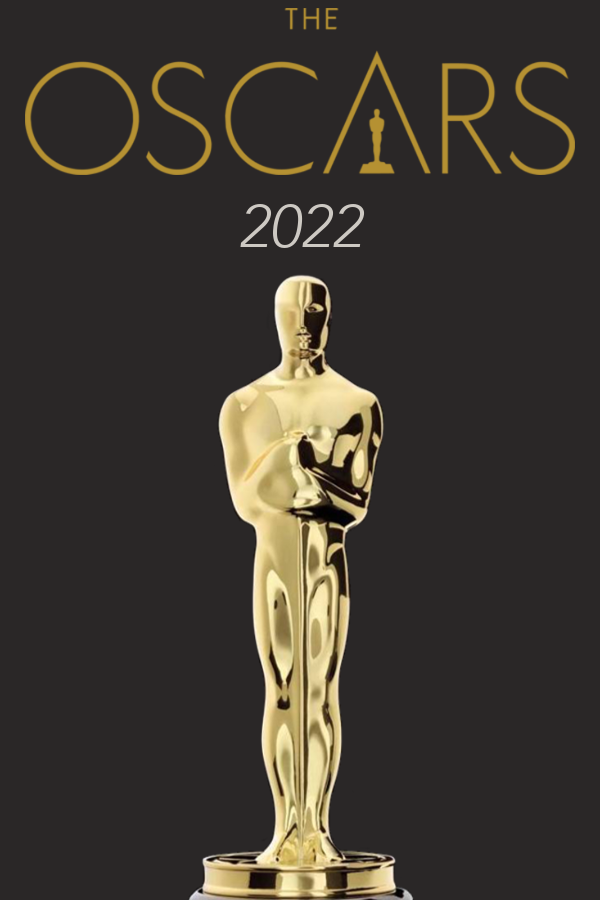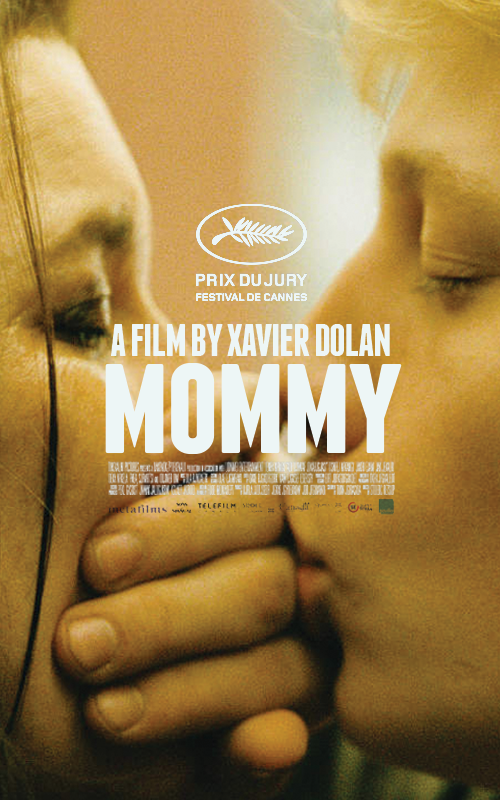If you’re an Oscars aficionado, make sure to join us on the evening of Thursday, March 24 for our Oscars Trivia Night!
It’s that time of year again! Time for stars to strut down the red carpet and for the rest of us to watch from our couches with a glass of wine and sweatpants. Yes, the Academy Awards are upon us, and unlike last year’s sad, weird COVID ceremony, this year promises to return the glitz and glam we’re all looking for.
The limbo period between the nominees being announced and the ceremony proper is always fraught for the film fan. We love to celebrate our favourites getting a nom, but we also love to rant and rave about who, in a just world, should really be getting them. Ostensibly an award ceremony recognizing the best in the craft, the Oscars are notorious for things like name bias (bestowing awards on big name actors), age bias (Adrien Brody is the only man to win Best Actor under the age of 30, though plenty of young women have won Best Actress—after all, Hollywood likes its men old and its women young), and playing catch-up on overdue awards (see: Leo DiCaprio finally winning for The Revenant instead of, like, anything else). Then there’s the Western, English language bias of it all—as Bong Joon-ho put it, the Oscars are a “very local” award show.
And of course, the Oscars wouldn’t be the Oscars without a full list of snubs for people to rage about on Twitter. Every year there are some headscratchers, people or movies that seem like locks for nominations, only to be shut out. There was palpable shock when Lady Gaga was ignored for her House of Gucci performance (although, with that accent? I don’t know). Don’t Look Up’s Best Picture nom sparked highly annoying discourse from both fans and detractors.
Since we all love to share our opinions on who is most deserving of these esteemed, slightly silly awards, below you’ll find my picks for the best films in the race this year—whether or not they were nominated for Best Picture (and a necessary caveat: I have seen many of the nominees, but not all!). And I, of course, have my own list of snubs that I would have liked to see get some recognition. Some of these are already available at VPL; for those that aren’t, keep an eye on our catalogue!
Continue reading

